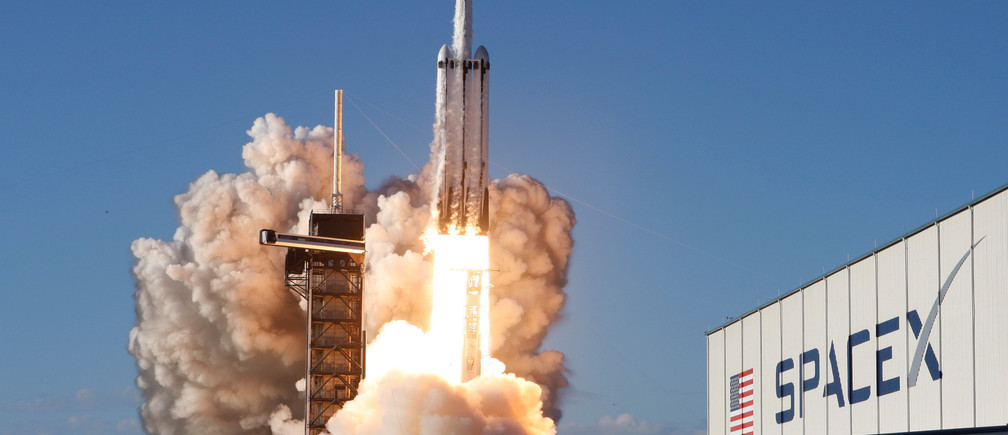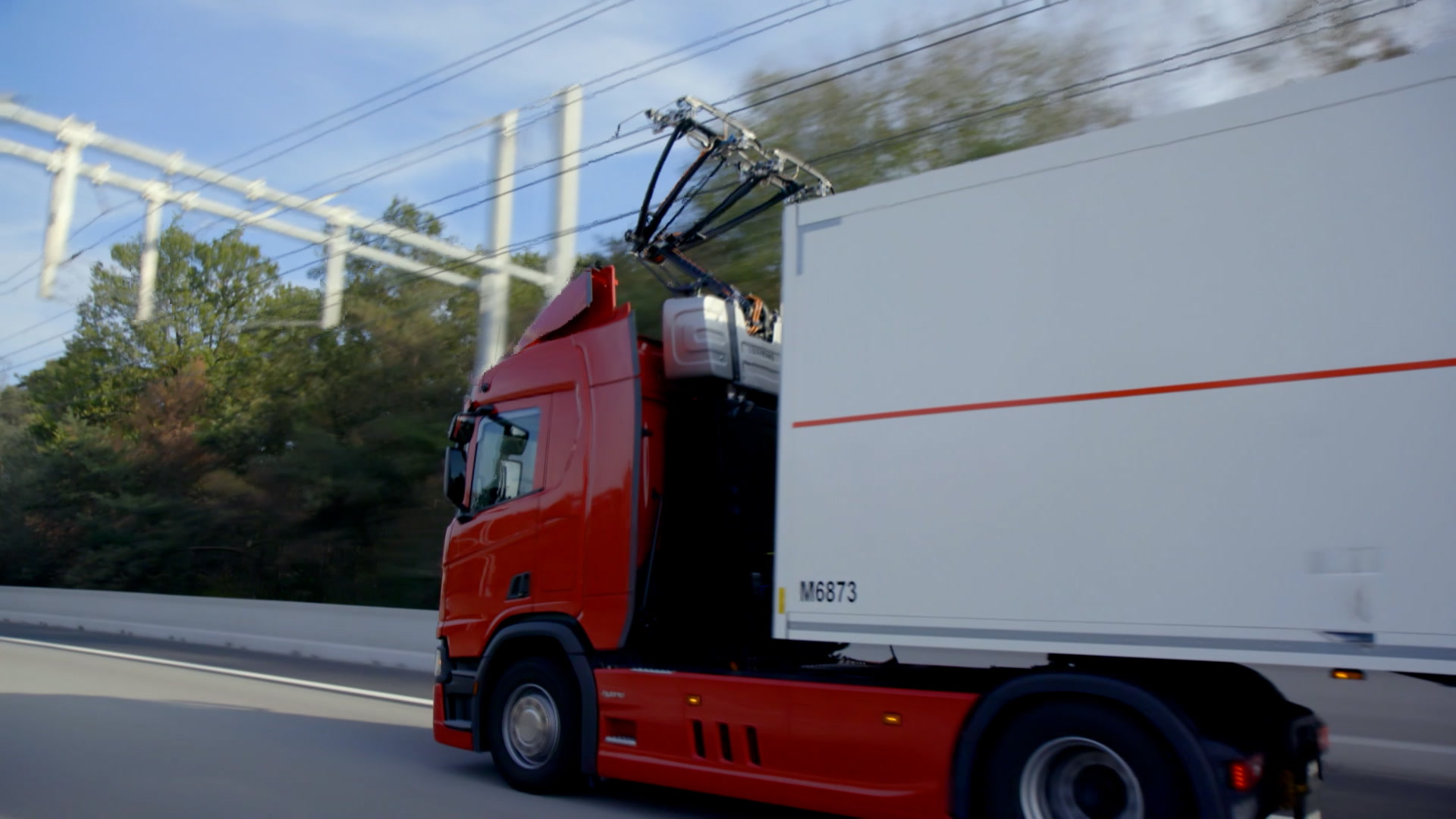Watch the launch of Space X's first Starlink satellites

The Falcon 9 rocket launched carrying 60 small satellites into orbit. Image: REUTERS/Thom Baur

Get involved with our crowdsourced digital platform to deliver impact at scale
Stay up to date:
Supply Chain and Transport
SpaceX, the private rocket company of high-tech entrepreneur Elon Musk, launched the first batch of 60 small satellites into low-Earth orbit on Thursday for Musk’s new Starlink internet service.
A Falcon 9 rocket carrying the satellites blasted off from Cape Canaveral Air Force Station at about 10:30 p.m. local time (0230 GMT Friday), clearing a key hurdle for a business venture that Musk hopes will generate much-needed cash for his larger ambitions in space.
The launch came a week after two back-to-back countdowns for the mission were scrubbed - once due to high winds over the Cape and the next night in order to update satellite software and “triple-check” all systems.
The 60 satellites flown into space were released into orbit as planned about an hour after Thursday’s launch, and the Falcon 9’s main-stage reusable booster rocket flew back to Earth for a successful landing on a barge floating in the Atlantic.
SpaceX said it would probably take another day to learn whether all the satellites deployed were functioning properly. Each weighs about 500 pounds (227 kg), making them the heaviest payload carried aloft by SpaceX to date.
They represent the initial phase of a planned constellation capable of beaming signals for high-speed internet service from space to paying customers around the globe.
Musk has said he sees the new Starlink venture as an important new revenue stream for his California-based Space Exploration Technologies, or SpaceX, whose launch service income he expects to top out at around $3 billion a year.
He told reporters last week that makes Starlink pivotal in helping pay for his larger goals of developing a new spacecraft to fly paying customers to the moon and for eventually trying to colonize Mars.
“We think this is a key stepping stone on the way toward establishing a self-sustaining city on Mars and a base on the moon,” said billionaire Musk, who is also chief executive officer of automaker Tesla Inc.
At least 12 launches carrying similar payloads are needed to achieve constant internet coverage of most of the world, Musk said. For now, Starlink is only authorized for U.S. operations.
Musk faces stiff competition. Airbus SE-backed OneWeb launched its own clutch of satellites in February, while LeoSat Enterprises and Canada’s Telesat are also working to build data networks.
In each network, the tiny satellites orbit closer to Earth than traditional communications satellites, a technological shift made possible by advances in laser technology and computer chips.
Musk said SpaceX would begin approaching customers later this year or next year. As many as 2,000 satellites will be launched per year, with the ultimate objective of placing up to 12,000 into orbit.
Don't miss any update on this topic
Create a free account and access your personalized content collection with our latest publications and analyses.
License and Republishing
World Economic Forum articles may be republished in accordance with the Creative Commons Attribution-NonCommercial-NoDerivatives 4.0 International Public License, and in accordance with our Terms of Use.
The views expressed in this article are those of the author alone and not the World Economic Forum.
The Agenda Weekly
A weekly update of the most important issues driving the global agenda
You can unsubscribe at any time using the link in our emails. For more details, review our privacy policy.
More on Supply Chain and TransportSee all
Rida Tahir
April 9, 2024
Kimberley Botwright and Spencer Feingold
March 27, 2024
Andrea Willige
March 19, 2024
Laia Barbarà and Claudia Galea
March 12, 2024
Zera Zheng, Rico van Leuken and Lars Karlsson
February 23, 2024






